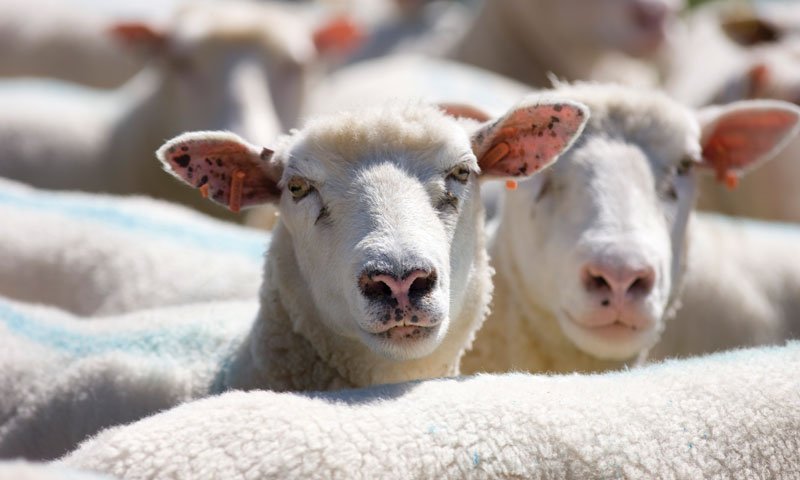Animal Health

The Midlothian Science Zone leads the way in issues ranging from food security to the fight against animal disease. Our key strengths and collaborative networks give researchers and businesses the ability to thrive.
Scotland has the largest concentration of animal science related expertise anywhere in Europe and is recognised as a leading player in the field of animal science, particularly in the fields of genetics, genomics and proteomics, endemic disease research, and ruminant parasitology.
Outputs from animal bioscience research in Scotland ranges from the development of novel vaccines, to modelling infectious disease outbreaks for improved future control programmes, and to the introduction of new cloning technologies which resulted in the world-famous Dolly the Sheep, the first animal to be cloned from an adult cell by researchers at the Roslin Institute.
Animal health and wellbeing is vital to the future of humanity and the combined research and expertise within Midlothian Science Zone leads the way on issues ranging from food security to the fight against animal disease.
Our key strengths and collaborative networks give researchers and businesses the ability to thrive.
Midlothian and Animal Health
Animal Genetics
The Roslin Institute is world-famous for the creation of Dolly the Sheep, the first animal to be cloned from an adult cell. The University of Edinburgh's Easter Bush Campus, accommodates a cluster of over six hundred animal scientists with a level of expertise that is unrivalled anywhere else in the world.
Midlothian region continues to lead the way in advancing animal health and welfare through knowledge of genetic factors, understanding reproductive biology and animal development.
Animal Disease
From the Royal (Dick) School of Veterinary Studies to the Moredun Research Institute, the Midlothian region is a global leader in all aspects of animal health with clinical research excellence in veterinary medicine and state of the art facilities.
The Large Animal Research and Imaging Facility (LARIF) currently in construction on the University of Edinburgh’s Easter Bush Campus will support the One Health, One Medicine vision. The facilities will support the study of the biology of large animals with all the resource of a human hospital. It will provide the tools required for advances in fields such as immunology and host defence, neuroscience and developmental biology in multiple livestock species.
Animal to Human Disease
Recent advances in avian and swine flu at the Roslin Institute highlight the focus on understanding cross species disease spread. Interdisciplinary collaborators work on protecting public health; alleviating human poverty (in the context of tropical diseases) and identifying new and emerging zoonoses spreading from animals to humans.
Food Security and Systems
Enhancing the sustainability and productivity of livestock systems and food supply chains through understanding of reproductive and developmental biology is a key focus within the Midlothian Science Zone. By understanding the interactions between disease causing organisms and animals, food safety can be improved for the betterment of humanity.
With the global population continuing to grow, food security is becoming a real challenge. There is a pressing need to apply new technologies and knowledge to help ensure sustainable, safe and healthy food supplies, while reducing the impact on the environment.
Effective vaccines are the most efficient way of preventing the transmission and spread of infectious diseases in cattle and sheep. Scientists from Moredun Research Institute, working in partnership with colleagues from the Roslin Institute, are undertaking detailed investigations of the immune responses of sheep and cattle, vitally underpinning the development of vaccines in the future.
